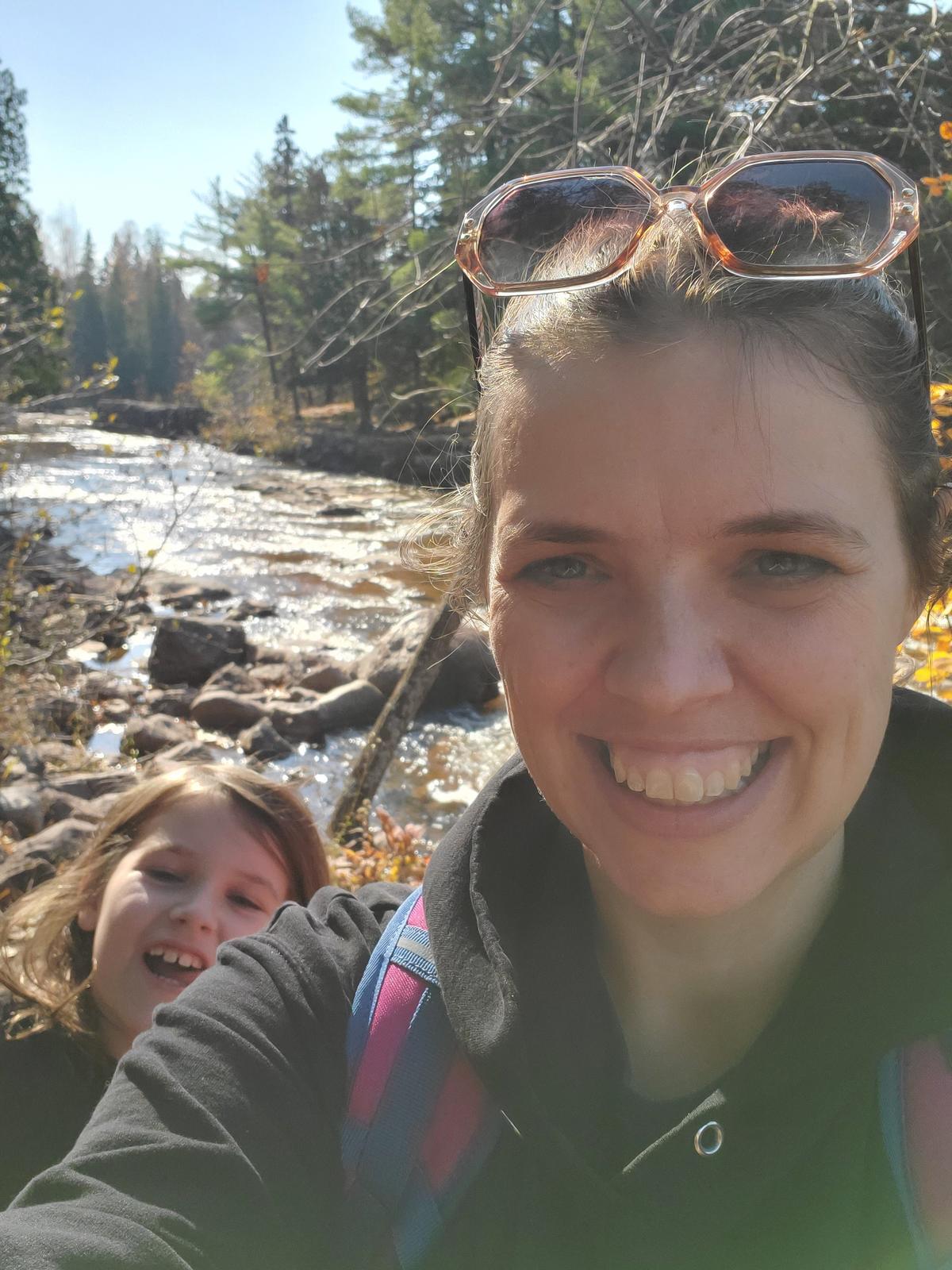These amazing people have some pretty interesting jobs, so we’re bringing you a fun peek into their work-world along with some of their personal facets. This series will be ongoing, so if you have anyone you’d like to nominate as a potential Spotlight feature, put it in the comments or send us an email at [email protected]. Enjoy!
Spotlight on Amanda Yates
Amanda has been St. Louis County’s assistant director of Economic Services and Supports for almost three years. The BBER partnered with Amanda on our recent study, Navigating the Benefits Bridge: Resources for Employment Service Providers and Clients in Minnesota. Yates and BBER Director Monica Haynes will be presenting on their partnership at the upcoming Minnesota Community Action Conference at the DECC on July 31.
What does a typical day look like in your job?
My division, Economic Services and Supports, processes eligibility for over 15 public assistance and child support programs. My day is jam-packed with problem solving of all different types. In a typical day, I might log on to a meeting with the state to discuss policy changes, talk with other senior managers about how we can better communicate across divisions, review and respond to audit findings, help a manager work through an HR issue, review a public assistance case that has a challenging policy barrier, and attend an Equity Committee meeting where we are reviewing good hiring practices. If I am lucky, I have time for coffee.
What do you like best about your current job?
In Public Health and Human Services, our mission is to protect, promote, and improve the health and quality of life in St. Louis County. My favorite thing about my job is that my staff and I take this mission seriously and are affecting positive change in the world. This work is meaningful.
What about your current job do you find most challenging?
We work with complex systems and with policies and procedures layered at the federal, state, and local levels. The work we do has a big impact on the well-being of our community. Many of the problems that our programs are designed to address have deep roots well beyond the scope of any one entity (housing, childcare, inequities, poverty, etc.). Finding ways to make progress and choosing what to prioritize while staying within our limitations is very challenging.
If you could snap your fingers and solve any problem facing our community, what would it be?
I would eliminate hate and unjust biases in all their forms. So many members of our community face unjust biases, such as racism, sexism, and homophobia, both implicit and explicit. These biases are pervasive and interconnected with so many other issues. Without hate and bias, we could build a stronger, interconnected, and more equitable community that is more capable of addressing other issues.
What is the most recent thing you’ve read (besides email)?
Sense and Sensibility by Jane Austen
What is something (knowledge or a skill) you would like to learn?
Paddleboarding, I would love to get out on the big lake more.
What is the best piece of advice you’ve received that has helped you in your career?
Not everything translates in an email. Sometimes you just need to pick up the phone or walk to the other person’s office.
